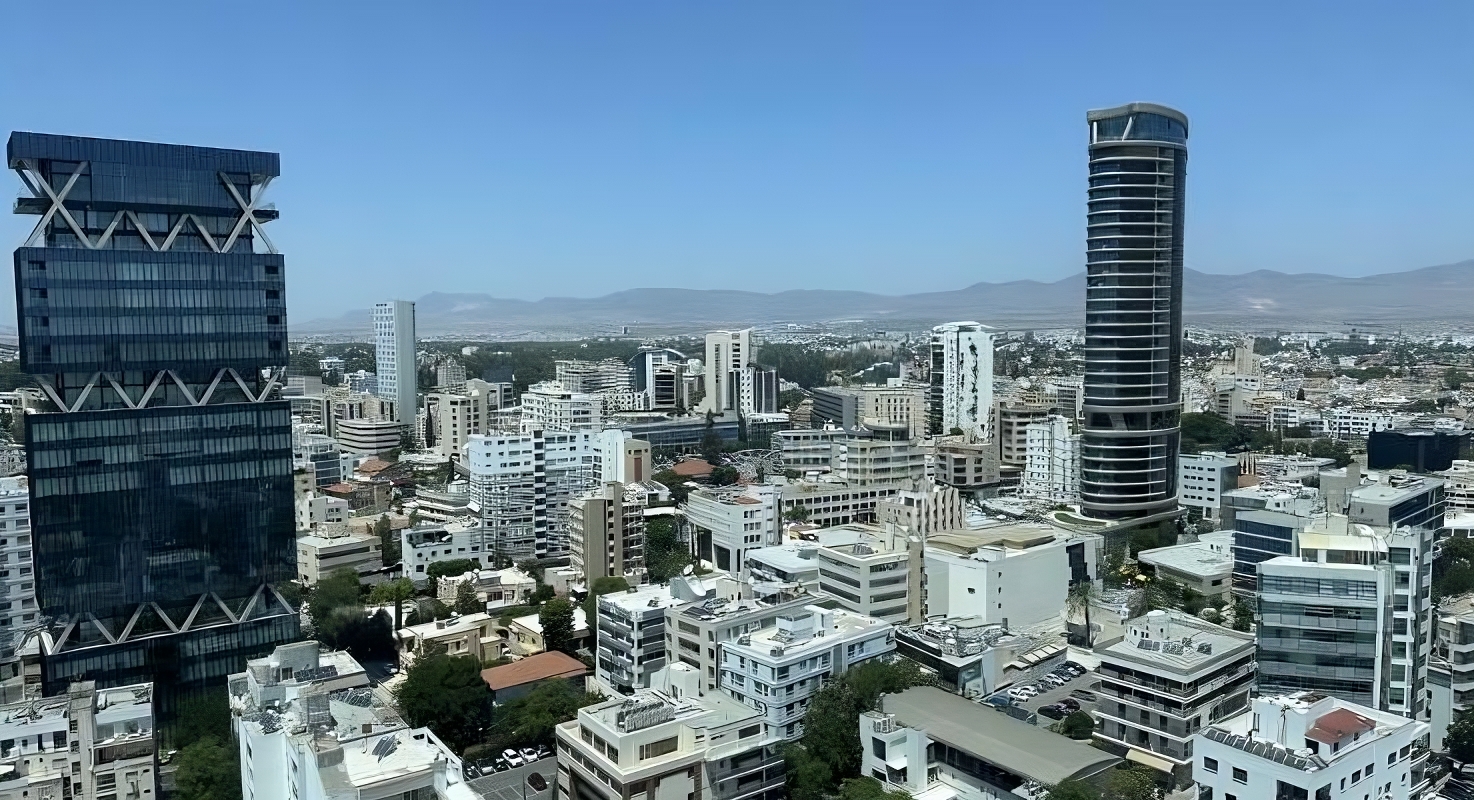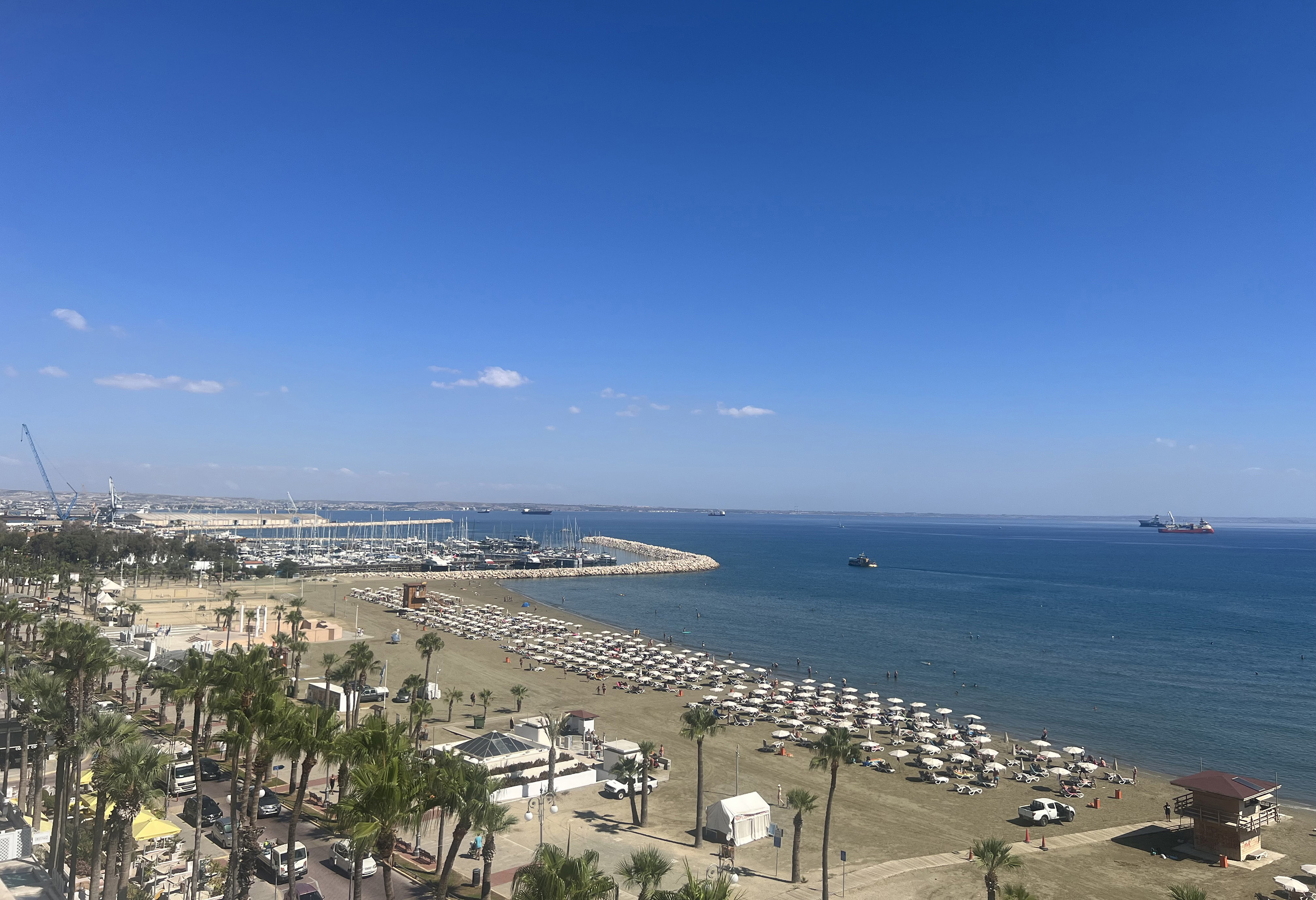Data furnished recently by the government lends weight to the notion that the purchase of real estate by foreigners continues on an upward trajectory, with some speculating that it’s driving up property prices – especially in places like Limassol. Greeks, Russians, Brits, Israelis and Chinese buyers feature heavily on the property market.
The information was given to Volt MP Alexandra Attalides, following a question she submitted to the interior minister in November last year. She asked a straightforward question: a breakdown of property sales by nationality.
On January 9, 2025 the minister replied with a table showing the aggregate numbers per district of properties by nationality, the bills of sale by nationality, and actual ownership by nationality.
The data, held by the Department of Lands and Suveys, covers the period from 2021 to the present time – meaning January 2025. It lists the top ten nationalities, including Cypriots.
Cypriots top the list as property holders in every district – no surprise there.
In Nicosia, making it into the top ten are Greeks, Brits, Australians, Romanians, Americans, Bulgarians, Lebanese, Russians and Chinese.
In Limassol, the most common buyers after the Cypriots are Russians, Brits, Israelis, Greeks, Romanians, Chinese, Ukrainians, Germans and Americans.
Next in Paphos: Russians, Brits, Israelis, Greeks, Romanians, Chinese, Ukrainians, Germans and Americans.
In Larnaca: Russians, Brits, Israelis, Greeks, Romanians, Chinese, Ukrainians, Germans and Americans.
And lastly in Famagusta: Russians, Brits, Israelis, Greeks, Romanians, Chinese, Ukrainians, Germans and Americans.
The table makes for some interesting reading; it’s also notable that this may be the first time – according to an expert we spoke to – that such data by nationality has been made public.

But it does have its limitations, said Pavlos Loizou, the CEO of Ask Wire, a real estate data analytics company.
Having looked at the table – posted on the parliament website – the first thing that jumped out at Loizou is that it doesn’t indicate the value of the properties.
That’s a key data point missing. Still, such as it is, this was the information provided by the minister, given how the MP had framed her question.
We asked the analyst to combine this generic data with his own savvy of the market.
Cypriots are naturally over-represented because they’re the primary buyers of land parcels and plots on agricultural land. Also, many Cypriots buy second-hand homes or they buy plots of land. So for instance, the purchase of a one-eighth land parcel will show up on the table given – which records transactions recorded with the land registry.
Whereas Russians, especially active in Limassol, tend to buy finished apartments and houses.
“So the gap between Cypriots – in all the districts – and other nationalities was a given,” noted Loizou.
His trained eye picked up something else: in Limassol there’s a big discrepancy between the aggregate number of properties and the actual ownership – the latter where title deeds have been issued.
For example, in the coastal city there are a total of 2,561 properties sold to Russians, but the actual ownership (with a title deed) is about half – 1,292.
The first number shows an agreement to buy a property, a sales contract, where the money has been paid. In other words, these are properties under construction.
So half of the properties attributed to Russians in Limassol have no title deed yet.
Another ‘grey’ area: according to Loizou, many foreigners buy up properties via a company, a realtor. So where the realtor is a Cypriot company, this gets recorded as a ‘Cypriot’ purchase in the table provided – even though the ultimate beneficiary is a foreign national.

Also: if immovable property belongs to a company, and that company sells off its shares, this type of transaction didn’t get recorded by the land registry and therefore didn’t make it on the list given.
But overall, says the expert, the numbers shown in the table are pretty much expected.
“Foreigners in general snap up new properties, not necessarily luxury but good-quality homes and apartments. They prefer to buy within complexes, not standalone properties, as complexes of several units have more amenities.”
This is especially true of Israelis who’ve been steadily making their mark in Larnaca. Relative newcomers, in Larnaca Israeli nationals are the fourth most common buyers, with 1,406 property purchases listed, 481 of which with title deeds.
They tend to buy large land parcels, where they have spas and resorts – gated communities, so to speak.
“Up until five to six years ago you wouldn’t see these numbers with Israelis,” said Loizou. “There’s definitely an upward trend in purchases, most likely due to instability in the region.”
Israelis like the Pyla area – their ‘hub’ – but also buy property in Ormideia and to a lesser extent in Pervolia.
“And Larnaca makes sense as the synagogue is located there, plus it’s close to the airport. Also, properties in Larnaca are among the cheapest in Cyprus.”
Then you also get Israeli-owned companies registered here buying real estate as an investment. Again, this doesn’t show up in the data given by the minister.
“It’s a loophole in the system. Normally if you’re a foreign national (non-EU) you’re allowed to buy one house for self-occupancy plus one land plot, provided you get permission from the cabinet.
“But a company can get around this.”
And there’s one more ‘blind spot’ which Loizou picked up on – the table doesn’t account for the majority of properties of over €2 million in value sold since 2016 by Bank of Cyprus and by GoGordian Real Estate and Altamira Real Estate. These aren’t recorded by the land registry either.
Bottom line, he says, non-EU nationals are attracted by the ‘golden visa’ offered by the government.
The ‘golden visa’ programme has replaced the ‘golden passports’ scheme – otherwise known as the Cyprus Investment Programme (CIP). The latter crashed and burned after a damning expose aired by the Al Jazeera news network in late 2020.
The ‘golden visa’ is a fast-track programme for third-country nationals. It requires an investment – in real estate or in the shareholding of a company – of at least €300,000. Up until 2023 the government had issued 5,800 such visas for investors.
Apparently the same law firms that had previously advertised the ‘golden passports’ are now promoting the ‘golden visas’.
The auditor-general has cautioned that the system has issues; having examined the files on 28 investors, it discovered that 24 did not have live permanently in Cyprus.
Audit Office spokesman Marios Petrides has said in an interview that some investors are using the same tactics as previously with the CIP; that is, they submit a document of sale between two parties to the government, they acquire the golden visa, and then they cancel the document.
Subsequently the Audit Office provided the interior ministry with a report on the scheme, advising for corrections and even suggesting it be scrapped. The ministry said it agreed with the recommendations for stricter checks, but did not comment on a possible axing of the programme.
In official jargon, the ‘golden visa’ is known as a Category F Immigration Permit. This involves granting persons who do not work in Cyprus permission to live here permanently as visitors. They must have an annual guaranteed income from overseas of at least €9,568 (plus an extra €4,613 per dependent), and the income must derive from pensions, dividends, interest or rent.
And applicants and their spouses must affirm they have no criminal record in their home country.






Click here to change your cookie preferences